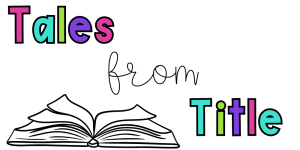On the Blog
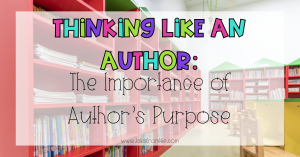
Thinking Like an Author: The Importance of Author’s Purpose
If you are like me, author’s purpose is probably one of your favorite reading skills to teach. I mean there

Teaching the Characteristics of Fiction Text
Helping students understand the difference between fiction and nonfiction is essential when teaching reading. When I taught third and fourth

Parent-Teacher Conferences: A Guide for Interventionists
Ah, parent-teacher conferences! They can be a rollercoaster ride for any educator, but for interventionists, these meetings take on an
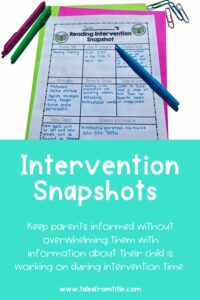
Effective School-to-Home Communication: Utilizing Intervention Snapshots for Conferences
When it comes to supporting children in their education, consistent communication between schools and families is key. As an interventionist,
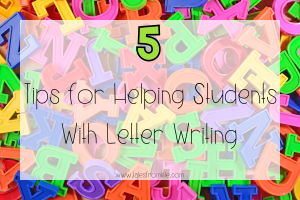
5 Tips to Improve Students’ Letter Writing Skills
Introduction In my last blog post, we zoomed in on one of the four components of learning letters, and I
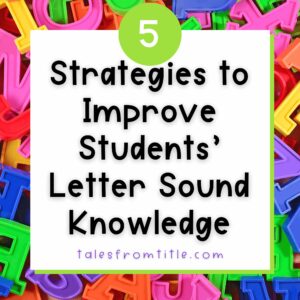
5 Strategies to Improve Students’ Letter Sound Knowledge
Discover 5 engaging strategies to boost letter sound knowledge through repetition, meaning, student interests, celebration, and fun phonics!
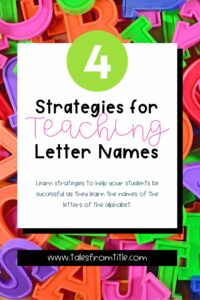
Four Effective Strategies for Teaching Letter Names
In my last blog post, we looked at one of the four components of learning letters, and I shared some
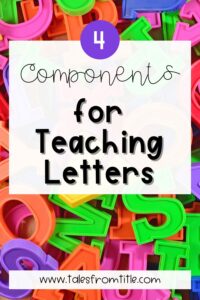
Mastering Letter Recognition: Four Components for Teaching Letters in Preschool and Kindergarten
In addition to developing phonemic awareness skills, letter recognition is essential in helping students build a solid foundation for learning
